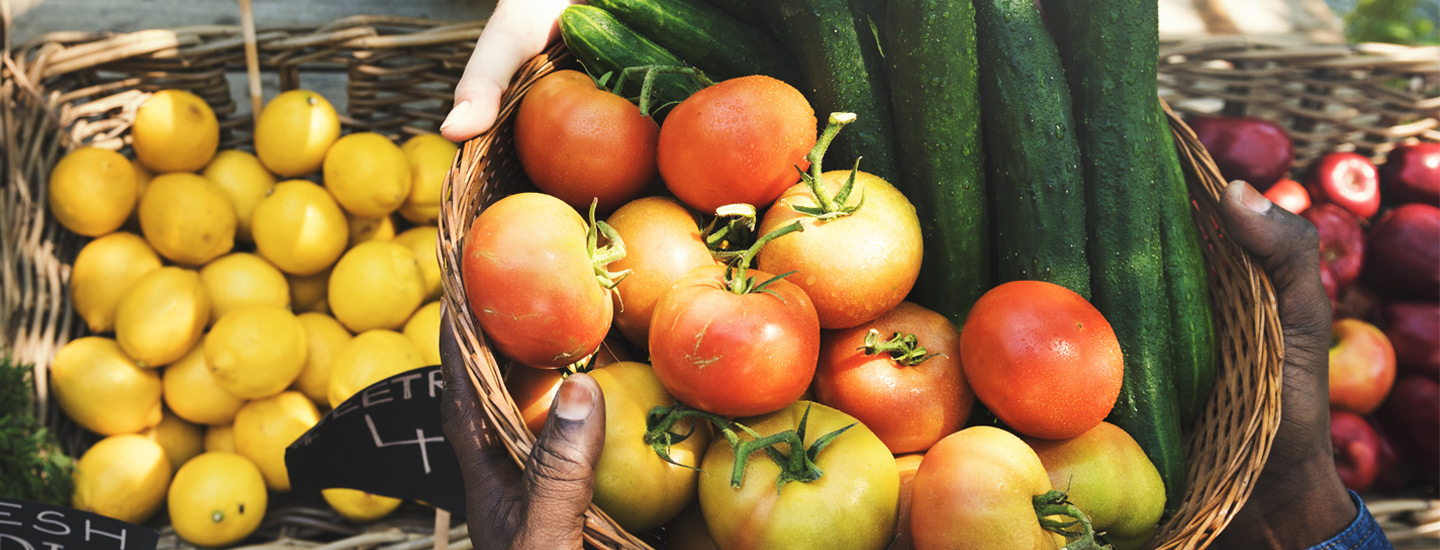Whether you’re strolling down the aisles in the grocery store or enjoying a meal at a restaurant, you may notice the price of your favorite food has increased. There are many factors contributing to this food price inflation, like labor shortages, supply chain distributions, and even food hoarding as a result of the pandemic.
Labor shortages are possibly the number one cause of the inflation, because food manufactures don’t have enough employees to keep up with the growing demand, from floor workers to truck drivers. Many people are aware of the issues regarding the supply chain distributions because of the recent holidays. But it didn’t just affect the possibility of a kid’s toys arriving before Christmas Day, it impacts the way food is shipped and stored.
Andrew Harig, Vice President of Tax, Trade, Sustainability, & Policy Development at the Food Marketing Institute, told the U.S Chamber of Commerce, “Plastic is really difficult to get your hands on right now.” The packaging most of our food is stored in, like plastic, cardboard, or aluminum, doesn’t come from states in our country; many manufactures receive these items from overseas. With the supply chain distribution issue impacting cargo ships, this affects whether food can be packaged and sent to its distributor, decreasing food supply.
We also cannot forget that at the beginning of the pandemic, many people went into a frenzy, hoarding food and personal items, and relatively changing the way people shop. Do you still buy in bulk as if everything is going to disappear from the shelves again? This kind of shopping behavior negatively impacts the demand in an unsteady and unpredictable way, which ultimately increases the price of items.
According to the U.S Department of Agriculture’s Food Price 2021 Outlook, food is 5.3% more expensive than in October 2020. Grocery store and supermarket prices are up by 5.4%. The price of eating at restaurants has risen by 5.3% since October 2020 because ingredients are more expensive. Items that may appear frequently on your shopping list, like eggs, have increased by 3.3% from just August to September of 2021. The price of fresh vegetables is 1.3% higher than in September 2021.
This food pricing issue makes the decisions more difficult for families whose budgets are already stretched thin and live paycheck to paycheck. It becomes a choice between paying for afterschool for their children so they can go to work or a prescription for their ongoing medical issue. Many people are now looking to food banks for the items they simply cannot continue to afford, like bread, eggs, meat, vegetables, or fresh fruit.
Food banks are also being impacted by food costs. When market prices rise there is an increase in demand from food bank recipients; but as the need rises, the supply decreases, leaving food banks to pay more for food as well. Feeding Florida’s 12 food banks are dedicated to offering people a variety of healthy foods, and due to the increasing costs, that goal is becoming more difficult.
Treasure Coast Food Bank’s Chief Strategy & Advocacy Officer, Krista Garofalo, said that this issue has significantly impacted their budget. “Our food purchasing budget has tripled over the last 8-9 months and we are currently spending an additional $100,000 per month purchasing food,” Garofalo said.
Feeding Tampa Bay has also experienced a significant impact in their operations. Their Chief Development Officer, Kelley Sims, said that there are multiple factors affecting their operations. “First, more neighbors are needing our help as they are unable to purchase enough food for their families. Second, retailers who have historically donated the majority of the food we distribute are less able to make the same levels of donations,” Sims said. “Finally, we then are stretching to find new food donors (farmers, smaller retailers, etc.) and having to purchasing more food than in any time in our history.” As a result of COVID, Feeding Tampa Bay has experienced a 40% increase in need for hunger relief and expect most of those people to stay in their care for up to two years.
This food inflation is expected to continue into 2022, with grocery store and supermarket prices anticipated to rise between 1.5% - 2.5% and restaurant purchases between 3% - 4% percent. Distributing 95 million meals this year, like Feeding Tampa Bay accomplished in 2020, will be significantly more expensive. Sims shared that this problem was expected to impacted their holiday programs, but they also worked diligently to remind donors that hunger is a year-round issue.
Feeding Florida’s food banks are devoted to ensuring people will always have a variety of food for families and individuals who need our services. The most effective way to help food banks during this nationwide problem is through monetary donations to your local food bank. To find your local Feeding America food bank or to find out more ways to give, visit, https://www.feedingflorida.org/feeding-florida/florida-food-banks.


